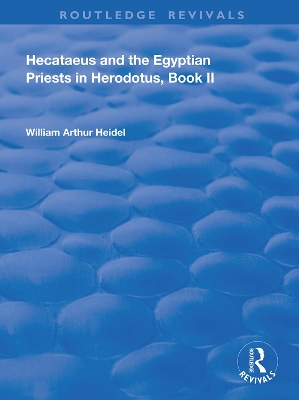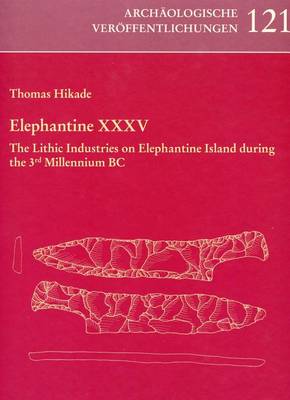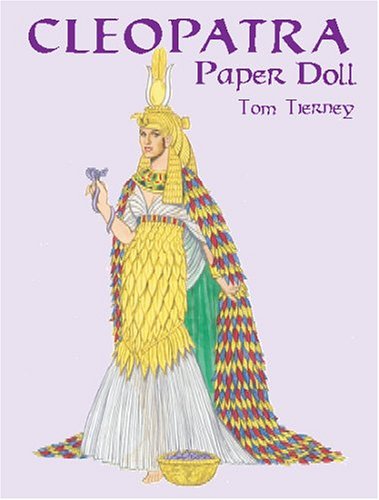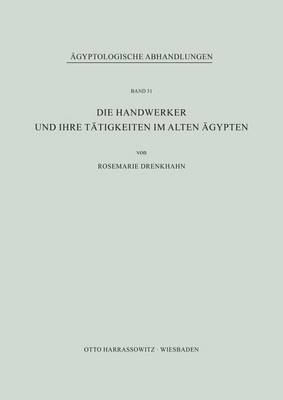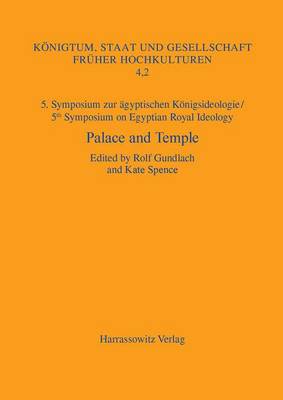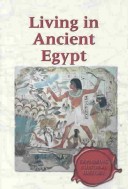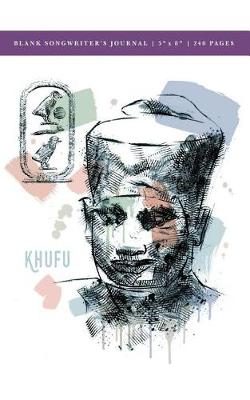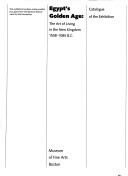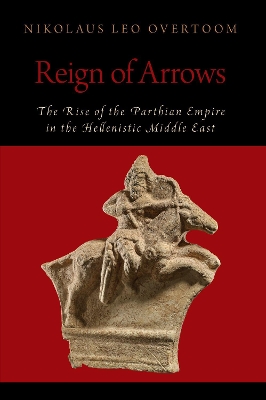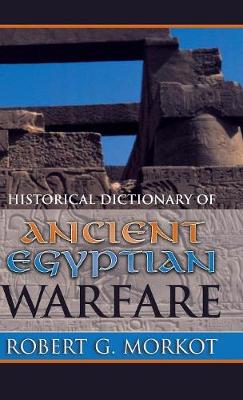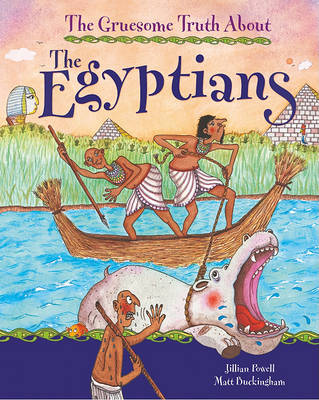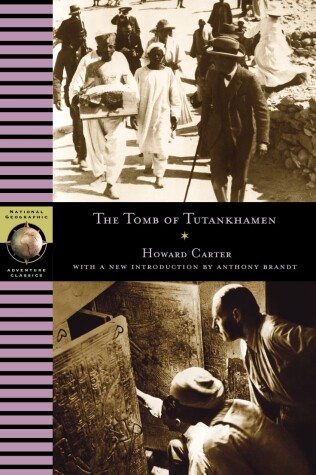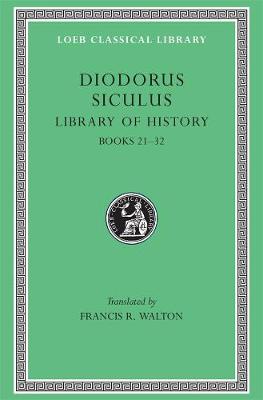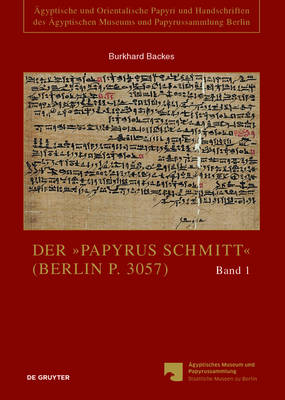Hecataeus and the Egyptian Priests in Herodotus, Book 2 (Routledge Revivals)
by William Arthur Heidel
Originally published in 1918. While it requires little thought to recognize in Hecatacus a figure of importance in his day, an appraisal in detail of his contribution to science and history is a matter of considerable difficulty. This book includes a general survey of him as well as chapters on Hecataeus as Historian of Egypt, and the objections to this view.
Pfortenbuchstudien (Gottinger Orientforschungen, IV. Reihe: Agypten, #36)
by Jurgen Zeidler
Elephantine XXXV (Archaologische Veroffentlichungen Des Deutschen Archaologisc, #121)
by Thomas Hikade
Bildzauber im alten AEgypten (Orbis Biblicus et Orientalis, Volume 137)
by P. Eschweiler
Egyptian Royal Ideology and Kingship Under Periods of Foreign Rulers (Konigtum, Staat Und Gesellschaft Fruher Hochkulturen, #4.6)
Corpus Der Agyptischen Totenfiguren Der Offentlichen Sammlungen Krakaus
by Hermann A Schlogl
Die Handwerker Und Ihre Tatigkeiten Im Alten Agypten (Agyptologische Abhandlungen, #31)
by Rosemarie Drenkhahn
Palace and Temple (Konigtum, Staat Und Gesellschaft Fruher Hochkulturen, #4.2)
Tell El-Dab'a VI (Untersuchungen Der Zweigstelle Kairo Des Osterreichischen Ar, #6)
by Harald Wilfing and Eike M Winkler
Living in Ancient Egypt (Exploring Cultural History S.)
by Don Nardo
Egypt's Golden Age
Die Nekropole ALS Figuration (Gottinger Orientforschungen, IV. Reihe: Agypten, #50)
by Janne Arp
From its origins as a minor nomadic tribe to its status as a major world empire, the rise of the Parthian state in the ancient world is nothing short of remarkable. In their early history, the Parthians benefitted from strong leadership, a flexible and accommodating cultural identity, and innovative military characteristics that allowed them to compete against and even overcome Greek, Persian, Central Asian, and eventually Roman rivals. Reign of Arrows provides the first comprehensive study, in...
Historical Dictionary of Ancient Egyptian Warfare (Historical Dictionaries of War, Revolution, and Civil Unrest)
by Robert G Morkot
This Dictionary covers the period from the emergence of the Egyptian state around 3000 BC to the Arab conquest in the mid-7th century AD. The book is divided into three main sections. An introductory section includes a chronology of Egypt, with all known military actions, and an essay highlighting the problems of the surviving evidence and its interpretation, and the major changes in military technology and organization over the period involved. The central section covers a wide range of issues...
Covering different historical eras, this informative series details all the topics one would expect to find in a history series, such as family life, food, religion, entertainment and warfare. However, it focuses on the most gruesome parts of these topics.
Tomb of Tutankhamen (National Geographic Adventure Classics) (National Geographic Adventure Classics S.)
by Howard Carter
The leader of the excavation offers a firsthand description of the remarkable events surrounding the 1922 discovery of Tutankhamen's tomb in Egypt's Valley of Kings and of the unique and priceless treasures that were found there. Reprint.
Library of History (Loeb Classical Library) (BCP Classics Companion S.)
by Siculus Diodorus
Diodorus Siculus, Greek historian of Agyrium in Sicily, ca. 80 20 BCE, wrote forty books of world history, called Library of History, in three parts: mythical history of peoples, non-Greek and Greek, to the Trojan War; history to Alexander's death (323 BCE); history to 54 BCE. Of this we have complete Books I V (Egyptians, Assyrians, Ethiopians, Greeks) and Books XI XX (Greek history 480 302 BCE); and fragments of the rest. He was an uncritical compiler, but used good sources and reproduced them...
Der "papyrus Schmitt" (Berlin P. 3057) (AEgyptische Und Orientalische Papyri Und Handschriften Des AEg, #4)
